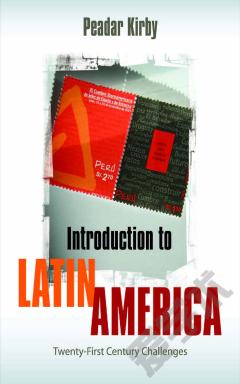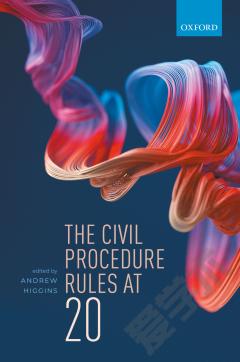Competition Rules for the 21st Century —— Principles from America's Experience
----- 21世纪竞争规则, 来自美国经验的原则
Originally written to wide acclaim in 2001, Ky Ewing's magisterial work on international competition law is here updated to take stock of the prodigious expansion of anti-cartel enforcement throughout the world in the intervening years, and of the extraordinary success of the International Competition Network of agencies, now encompassing 97 competition agencies from an initial beginning in the Fall of 2001 - as an outgrowth in part of the judgments and recommendations of this able practitioner, espoused at the 2001 Ditchley Park conference of which Ewing was a co-chair. Yet the work's fundamental thesis has not changed: that re-evaluation of competition policies in the light of empirical evidence is fundamental to assuring that competition law delivers what it promises: freer markets and greater economic growth.Although the book has been highly regarded as a major reconsideration of the foundations of competition law and policy, it has also proven enormously valuable for its wealth of information and practical guidance. Among its most useful features (some new to the second edition) are the following:- a vast amount of statistical and other information about public competition law enforcement agencies and their resources around the world;- in-depth analysis of the differences in competition law regimes and the various economic and legal theories from which they derive;- detailed attention to jurisprudence and legal commentary over many decades;- probing of the meaning of 'low' and 'fair' as applied to prices;- suggestions for carrying out re-evaluation of policies on the basis of empirical evidence;- formulation of a model new U.S. competition law preempting state laws; and- guidelines on distinguishing useful collaboration from collusive activity.Nine new appendices have been added to this edition, covering such informative material as new statistical data about U.S. enforcement, details on the dramatic cooperation now taking place among nations in anti-cartel enforcement, and suggestions on how companies and practitioners should respond to multinational investigations.This new edition of a highly thoughtful and thought-provoking classic should be on the shelves of all competition lawyers and economists, irrespective of whether they are legislators, law enforcers, private attorneys or scholars, in developed, developing, or transition economies. Based on the distinguished author's half-century of outstanding experience in public and private competition law enforcement, it is an excellent guide for both newcomers and experts in the field. Conscientious use of this book will go a long way toward achieving the efficient and harmonious economies upon which many countries are staking their prosperity or even survival.
{{comment.content}}








 京公网安备 11010802027623号
京公网安备 11010802027623号